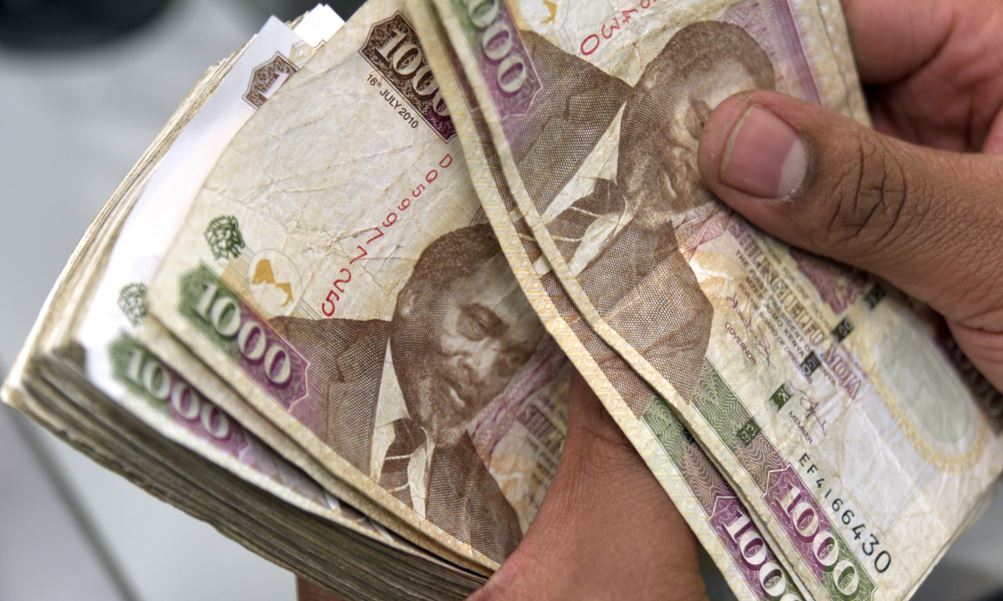Reports emerging from Kenya indicate that the Kenya shilling is hurriedly depreciating thus expected to put pressure on the cost living in the country.
Several protests against the high cost of living have been ongoing in the coastal EAC member state. The Currency depreciation is blamed on more expensive imports like fuel, vehicles and machinery alongside higher costs of electricity and debt servicing distress.
The Kenya shilling weakened further on Thursday to exchange at Sh132.13 against the dollar.
To intervene in this situation, the banking sector regulator introducted a new foreign exchange code.
The Kenya shilling was exchanging at 132.13 units against the dollar from 130.62 when the code was effected on March 22.
The shilling has been depreciating amid the aggressive rise of US interest rates to tame inflation since last year which led to an appreciation of the dollar and sustained shortage in the local market. It has lost 7.1% or 8.7 units since start pf the year.
The Foreign Exchange Code was introduced in concerns that some players had taken advantage of the depreciation and the dollar currency constraints to manipulate the market for their gains.
It was issued in a period of heightened attention on the local forex market after the shilling hits new lows of 145 units to the greenback in the retail market and crossed the 130 mark on the official printed rate amid dollar supply constraints that have threatened imports of key economic inputs.
Market players are prohibited from making transactions, create orders, or providing prices with the intent of disrupting market functioning or hindering the price discovery process.
The code also requires banks to immediately conduct a self-assessment and submit to the CBK a report on their level of compliance with the new code by April 30, 2023, and thereafter submit a detailed compliance implementation plan approved by their boards by June 30, 2023.
Failure to comply with the code will see banks face ‘administrative action including monetary penalties as provided for under the Banking Act’.
Bank executives have however said the code has damped the supply of dollars in the interbank market as banks remain reluctant to trade dollars with each other out of fear of falling foul of the regulator if the prices exceeded the expected range.




















